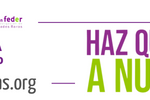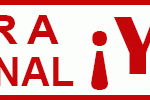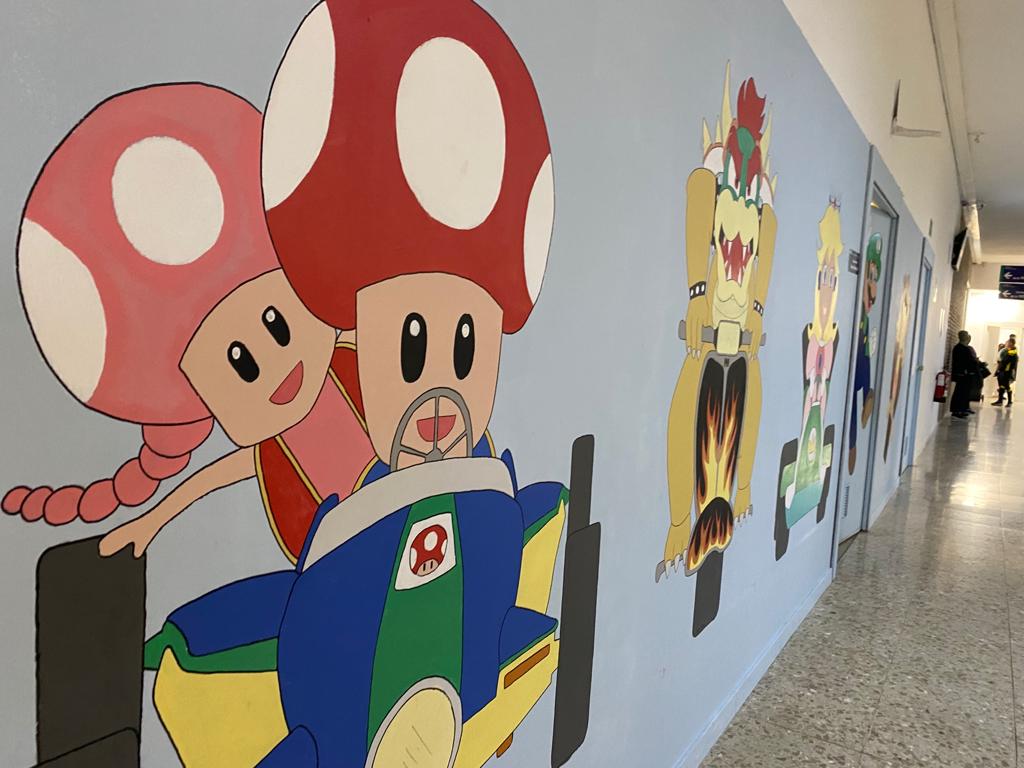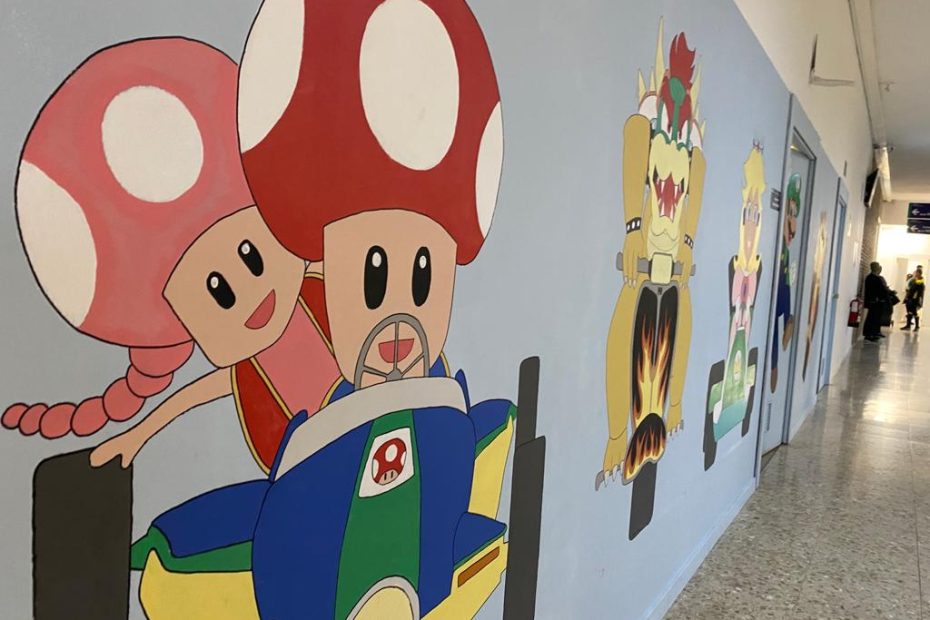




On October 8, Pediatrics Day is commemorated, an event that the Spanish Association of Pediatrics (AEP) wants to take advantage of to focus on the alarming situation of deterioration in mental health that Spanish minors are suffering. The numbers of mental illness among this very vulnerable sector of the population have not stopped growing in recent years.. This is certified by 95% of the pediatricians surveyed in an analysis published in Anales de Pediatría, having detected it in consultation.

“If before the COVID-19 pandemic the situation was already complicated, since approximately 10% of children and 20% of adolescents suffered from some type of mental disorder, the current scenario is one of absolute emergency.” “The figure has shot up to 47% since then,” says Dr. Paula Armero. She is coordinator of the Mental Health Committee of the Spanish Pediatric Association.

After analyzing the main challenges regarding the mental health of minors, and under the motto Pediatrics and mental health: building healthy futuresthe 13,000 pediatricians who make up the AEP wanted to make a call to action. Given the critical situation of child and adolescent mental health. To this end, they have prepared a manifesto addressed to health, educational and social authorities and institutions. It presents clear proposals to confront this crisis. And stop the increase in cases during the early stages of life.
Four pillars
Recent studies indicate that the vast majority of mental disorders begin during childhood and adolescence. This is because adverse experiences in childhood are a fundamental aspect in their development. For this reason, the AEP demands the application of these four measures as soon as possible to ‘flatten the curve’ of mental disorders since childhood:

1. TRAINING
They demand more specialized training in mental health for pediatricians. They consider it vital that pediatric residents rotate during their training in child psychiatry services. And that practicing professionals have access to continued training.
“As pediatricians, we are the first to detect warning signs, but we need a robust structure to address this growing demand for care,” explains Dr. Paula Armero.
2. PREVENTION
They urge the implementation of mental health prevention programs from the first levels of care, with specific protocols for screening at key ages. And early intervention in schools and health centers.
3. DETECTION
They call for establishing alliances with entities in the educational and social field to implement support and training programs that accompany and guide families. They consider it essential to strengthen communication between health professionals, families and these entities, creating an environment of trust that allows parents to identify problems and act early and avoid the development of serious mental pathology.
4. COORDINATION
Addressing this mental health crisis requires a multidisciplinary approach. The individual efforts of pediatricians are not enough. It is necessary to strengthen collaboration between psychiatrists, psychologists, nurses, primary care pediatricians, social workers and educators in order to offer comprehensive and personalized care to each patient.
They urge the creation of multidisciplinary teams in primary care centers, where pediatricians can work in coordination with other specialists to guarantee comprehensive care for children and adolescents with mental health disorders. “For this it is essential to have sufficient personnel, as well as time,” emphasizes Armero.
Pediatric specialties
The recognition of Child and Adolescent Psychiatry as a specialty has been a step forward that responds to the evolution of scientific knowledge and the growing demand for care in this area. But professionals warn that it is insufficient to face current challenges. In Spain, pediatric specialty clinics have already been created that still do not have official recognition, despite the fact that the AEP has been claiming it for more than a decade.
The lack of recognition makes it difficult to adequately train professionals and organize healthcare resources. They believe that the procedures should be much more simplified to achieve this officialization. Currently, the specialties of Neonatology, Intensive Care, Emergencies, Pediatric Endocrinology and Neurology have received approval from the National Commission for the Specialty of Pediatrics to be recognized as Specific Training Areas (ACE). But they are still trying to obtain favorable reports and economic studies from seven different autonomous communities. Other pediatric disciplines are turning to alternative routes to achieve their official status through the continuing education diploma.
“This recognition is an essential way to improve the quality of pediatric care and guarantee that all minors receive appropriate treatment according to their specific needs,” acknowledges Dr. Guillermo Martín. He is vice president of the AEP and urges “that procedures be simplified to favor the recognition of pediatric specialties.”
